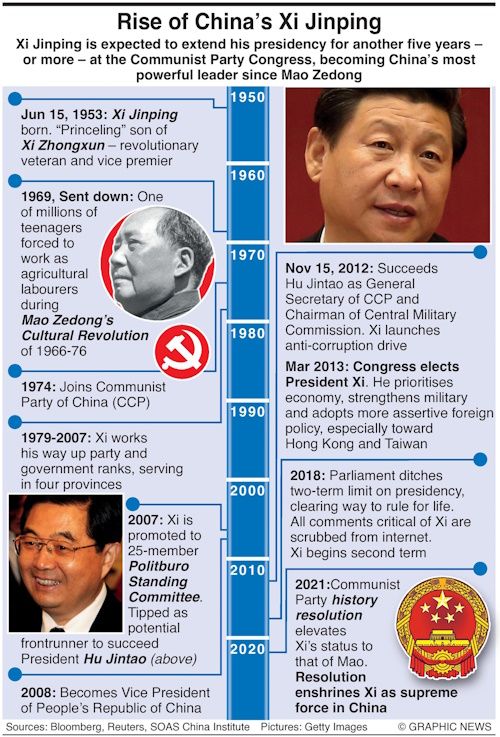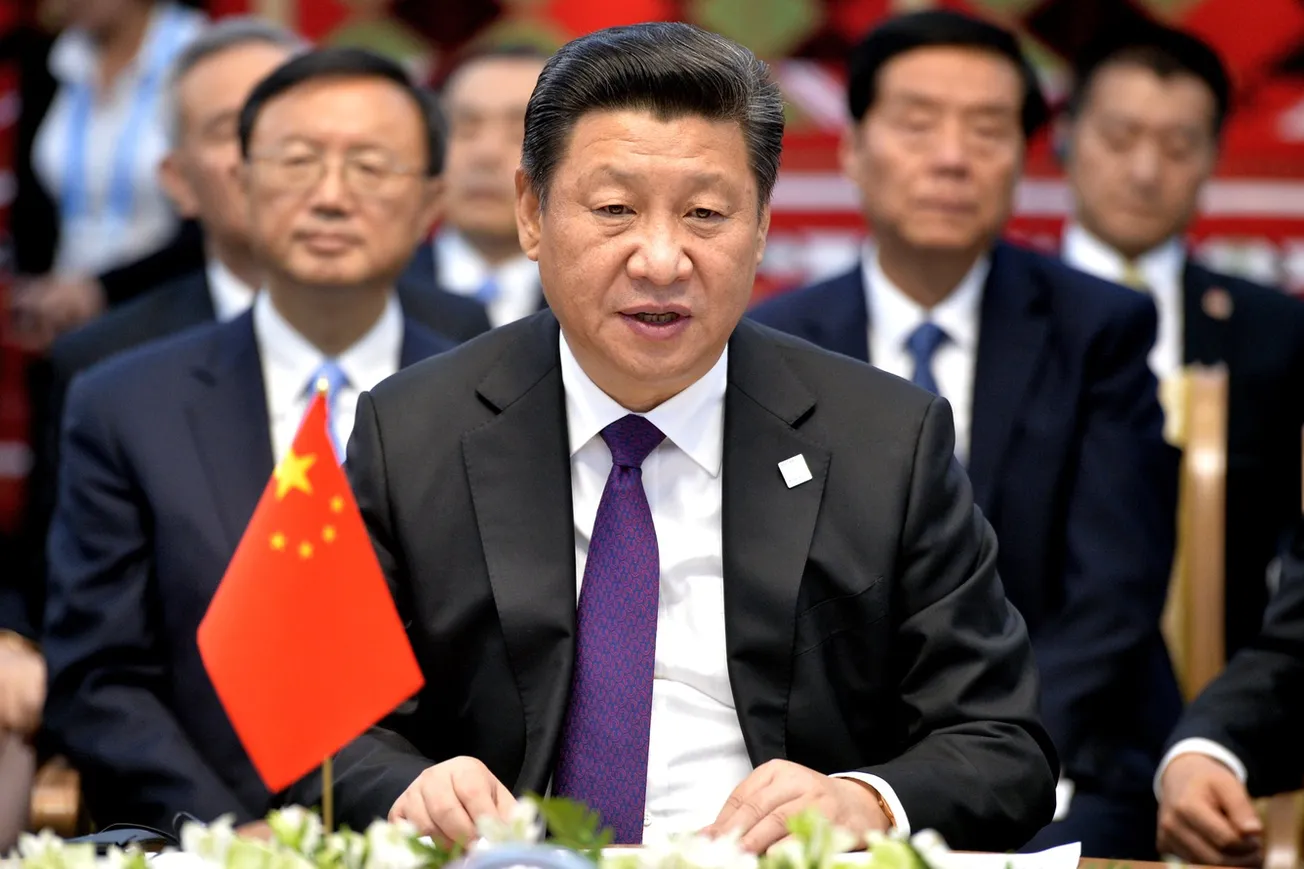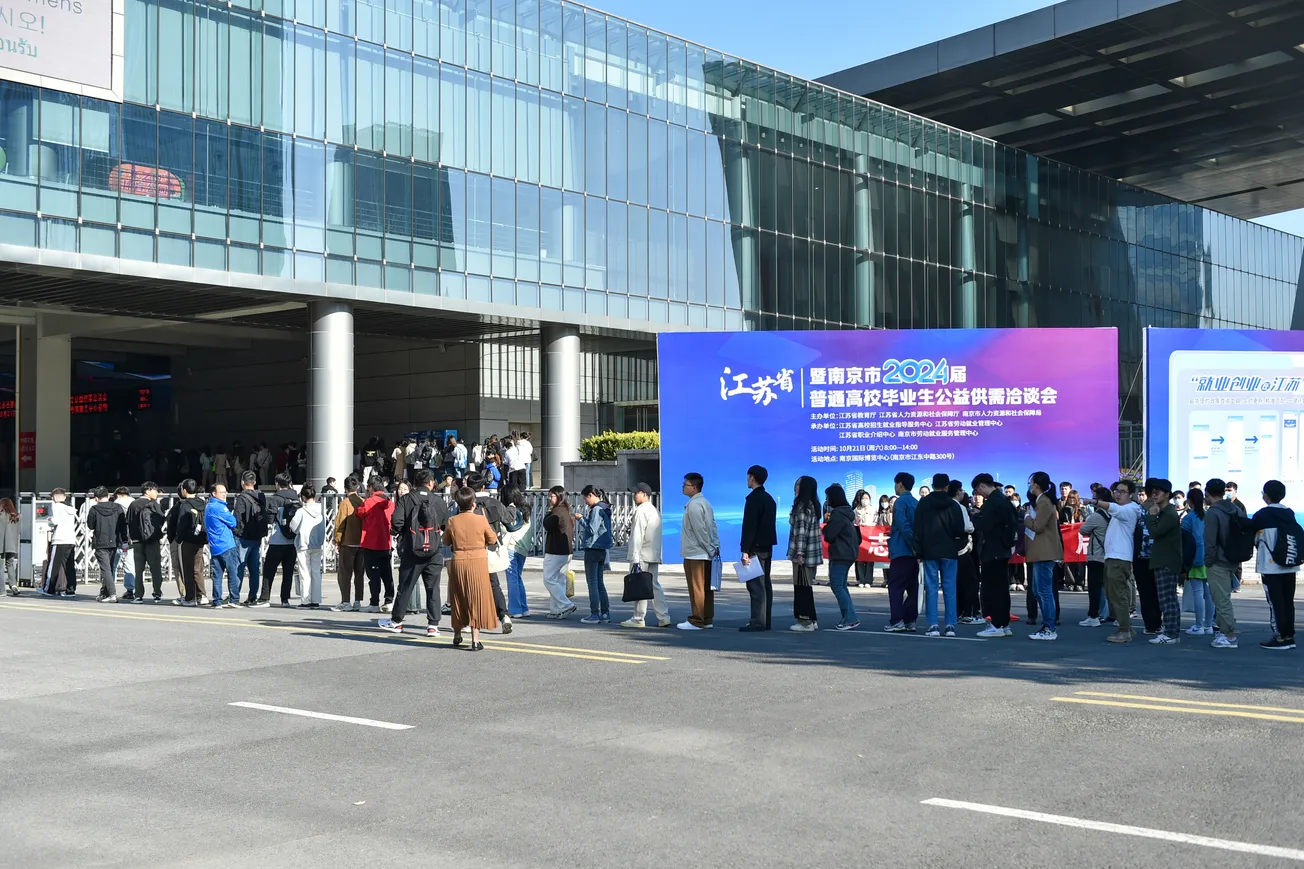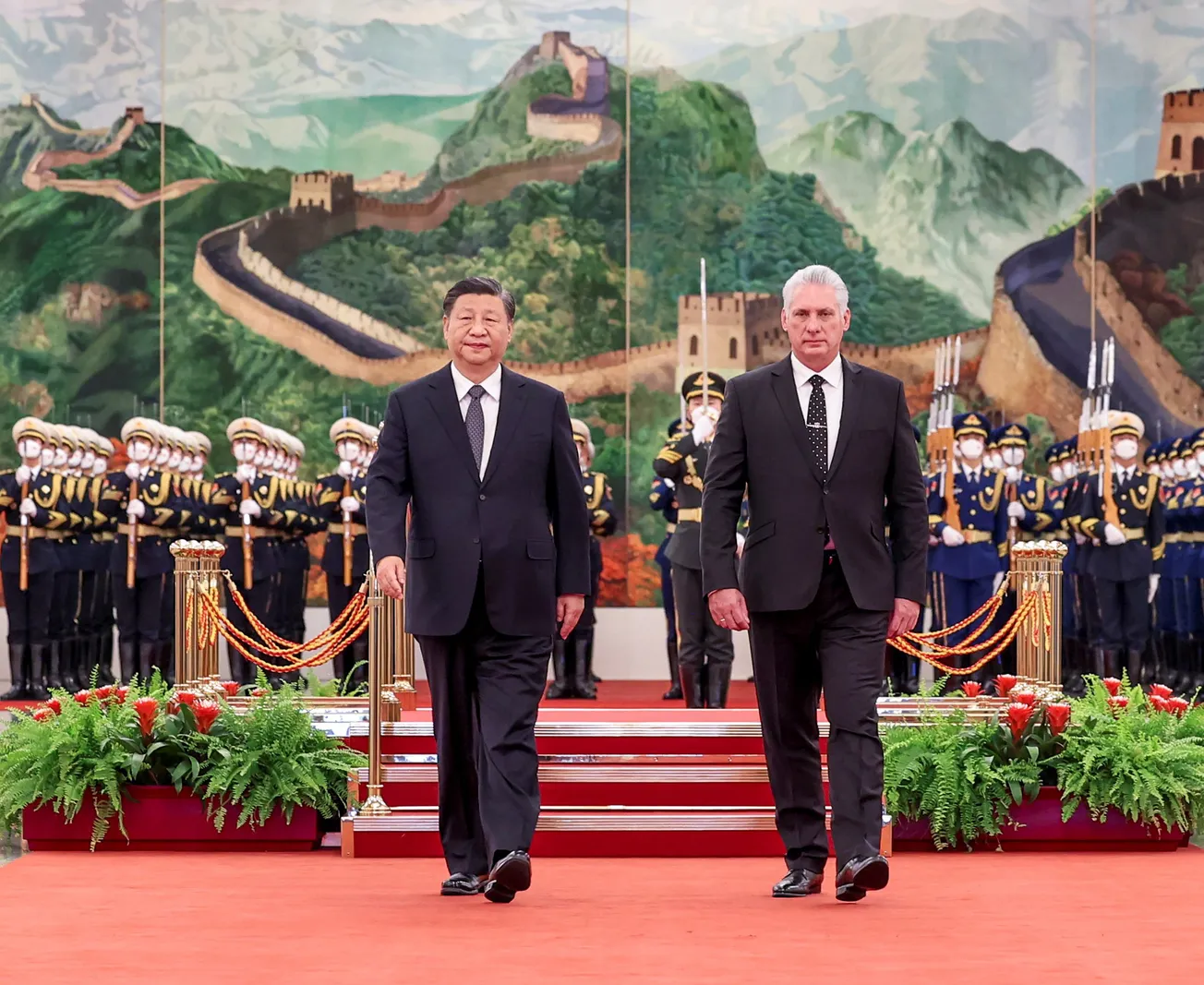- President Xi Jinping's absence from the upcoming G20 summit in India indicates potential turmoil in Chinese domestic politics
- A group of retired party elders attacked Xi Jinping's leadership at this year's Beidaihe meeting, worried about political, economic, and social instability in China that could undermine the party's public support and authority
- Xi Jinping expressed frustration to his close aides and assigned them the task of resolving the issues left unresolved by his three predecessors
- Xi's decision to skip the G20 summit is likely influenced by concerns about China's economy, deteriorating relations with the outside world, and the absence of breakthroughs in U.S.-China relations
The eighteenth G20 Summit is set to begin in a couple of days in New Delhi, India. As leaders of the top 20 economies gather on one platform, two notable figures will be missing.
The Russian President, Vladimir Putin, facing backlash mainly from the West and with an arrest warrant to his name for the invasion of Ukraine, has unsurprisingly opted to skip the summit. However, news that the Chinese President, Xi Jinping, will not attend has raised many eyebrows.
Speculation is rife about why President Xi has opted not to travel to New Delhi. The Indian foreign ministry quickly pointed out that the leaders have sometimes missed attending the summit for various reasons and that this instance had "nothing to do with India." The official statement is downplaying the "snub" and effectively mitigating border clashes between the two nations and the recent map row as reasons for the no-show.
Beijing's increasingly touchy relations with Washington and many other countries may be another reason for President Xi's absence. China's close relations with Russia and its refusal to condemn the Russian invasion of Ukraine, its trade dispute with Australia, and security threats to Japan, to name a few, could make for very awkward interactions.
But, besides "avoidance" and "snubs," could there be a more momentous reason for the sudden change of President Xi's plans?
According to a report by Nikkei Asia, the authoritarian ruler who has steadily strengthened his grip over the ruling Communist Party of China (CCP) was recently "reprimanded...in ways they had not until now" by his party elders at the Beidaihe meeting.
Held in early August, the annual Beidaihe meeting, or "summer summit," brings together current leaders and elders from earlier generations in an informal setting for closed-door discussions to arrive at a policy consensus that will set the tone for major domestic issues. As with much of CCP's affairs, there are no official statements or press releases about or after the meeting. But, details of the latest round are slowly emerging.
President Xi was in for a surprise despite purging the party of veteran, popular leaders and surrounding himself with his supporters. It is believed that the dismal state of the economy, the alarming unemployment rates, the sacking of senior ministers and generals, and other serious issues have prompted the elders to deliver a stern message to the President.
The elders are said to have warned that the country could not afford to "have more turmoil," and on the current course, "the party could lose public support, posing a threat to its rule."
A frustrated President, reeling from the unexpectedly harsh criticism, is said to have vented to his close aides:
All the issues that were left by the previous three leaders are on my shoulders. I've spent the last decade tackling them, but they remain unresolved. Am I to blame?
Many of President Xi's policies have few fans within or outside China's borders. His draconian Zero Covid policy led to public street protests – an unusual occurrence in the single-party state. Faced with a shrinking economy, joblessness, and a bust real estate bubble, many Chinese youth are dejected and unwilling to strive to change the tide of their future.
On the international front, trade with America, its biggest customer, has been severely affected. Government interference has prompted many multinationals to shut down operations in China. President Xi's belligerent claims on the South China Sea and insistence on "re-uniting" Taiwan have led to uneasy relations with many neighbors. China's close links with authoritarian regimes like Russia and Iran have distanced itself from the rest of the world.
With few friends to name and an ambitious agenda at the forefront of his third term, President Xi must maintain his party's support. The reprimand may have been unexpected; what remains to be seen is whether the Chinese President will do what is expected of him – steer China toward a more peaceful and prosperous course.
Related Infographic

We could use your help. Support our independent journalism with your paid subscription to keep our mission going.









